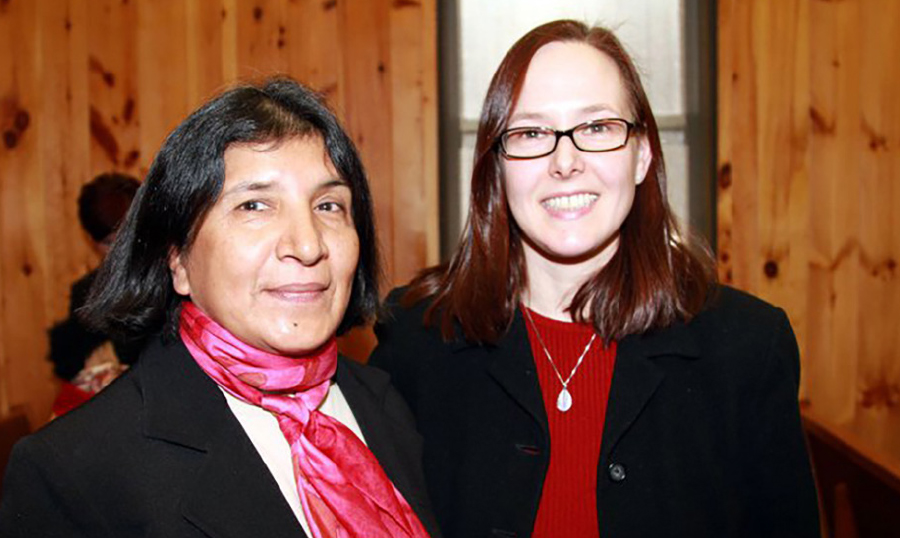![]() Addressing Gender-Based Violence
Addressing Gender-Based Violence
Shifting the Paradigm
Broadening perspectives
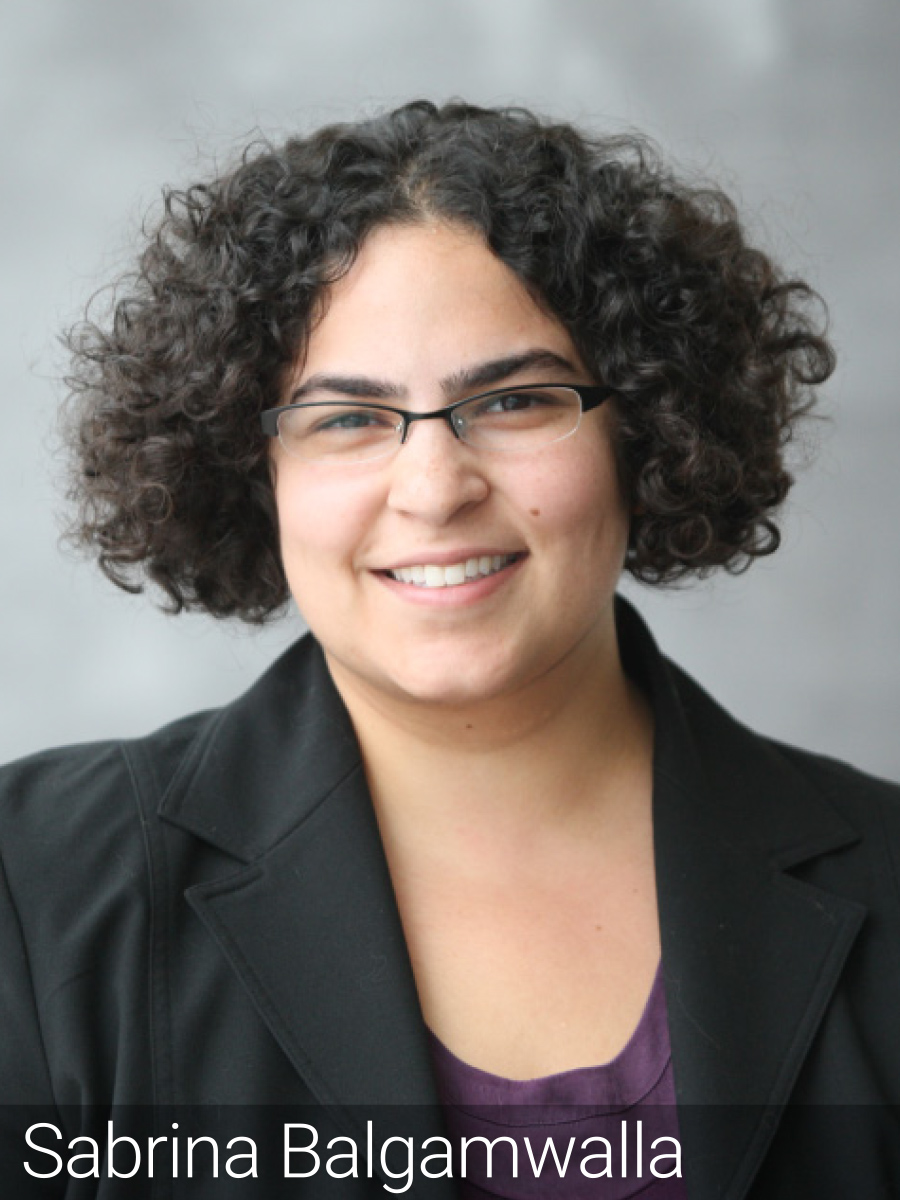
How has your perspective of gender-based violence changed over time?
I now see gender-based violence reflected in so many ways other than in intimate partner violence: in familial abuse of children and elders, in personal and systemic harm to LGBTQ people, and in workplace violence and harassment. I no longer think of it as an interpersonal problem, but one that arises from social inequality and a narrow, singular view of masculinity. Accordingly, gender-based violence is not just a women’s issue — it affects everyone.
What are some examples of communities that might be more vulnerable to gender-based violence, and what makes these groups more vulnerable?
How does gender-based violence impact immigrants?
Migrations can be understood as acts of agency, motivated by resistance to notions of women as property, the doctrine of gender conformity, and power structures that have long condoned sexual violence as a means of maintaining both public and domestic law and order.
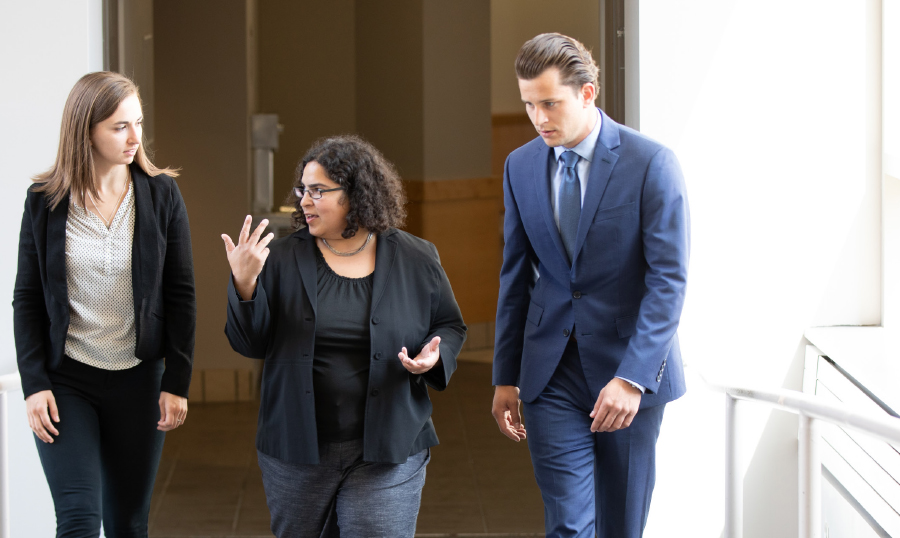



Speaking with expertise
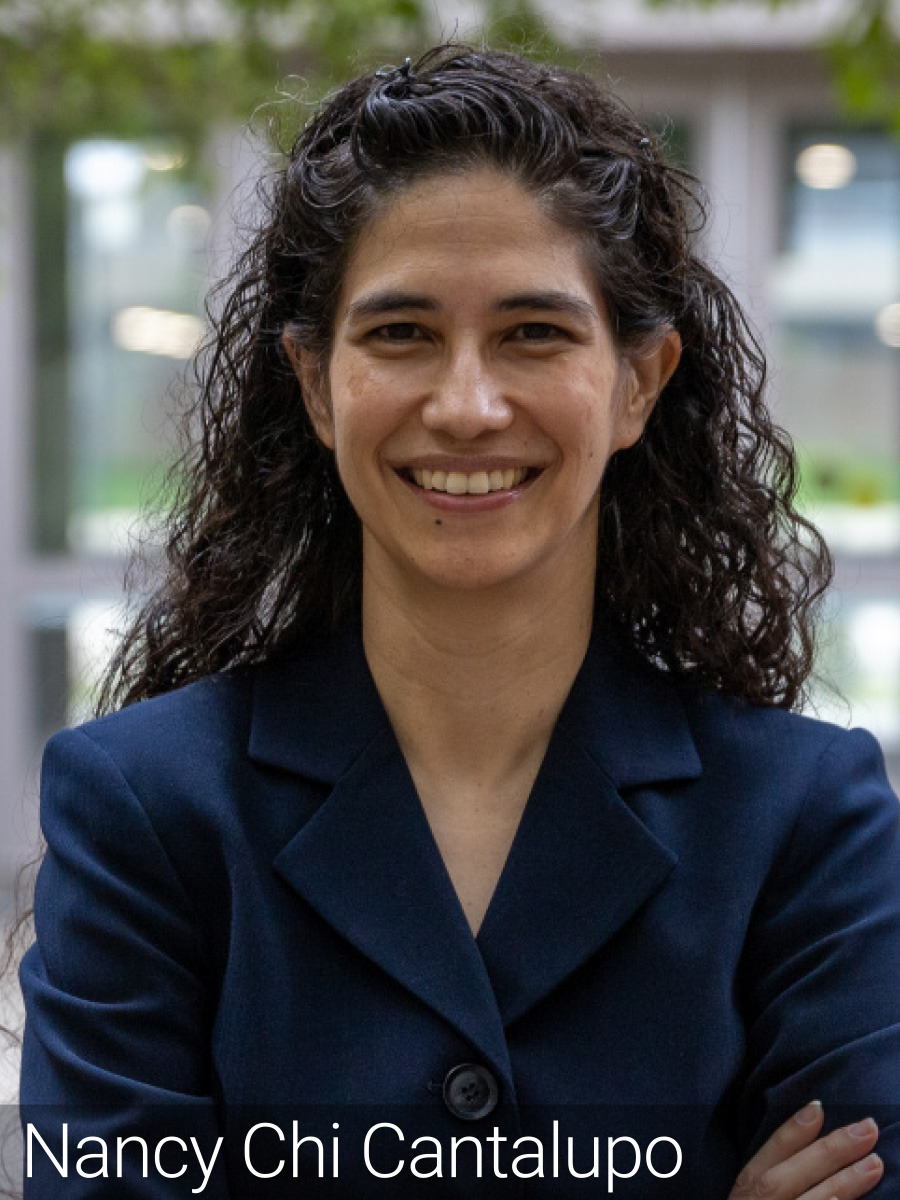
“I got this very detailed and deep sense of what a university needed to do to really prevent, in a comprehensive fashion, this kind of violence from occurring,” said Cantalupo, who earned her juris doctor from Georgetown Law.
After joining Faegre Drinker Biddle and Reath as an associate, where she practiced in its higher education group and did civil rights work (to wit, the firm represented plaintiffs who sued the Washington Football Team for revocation of their trademark as a racial slur), Cantalupo returned to Georgetown Law, working as an assistant dean for clinical programs, adjunct professor and researcher.
It was during this time that she was invited to speak with the Obama administration’s newly launched White House Task Force to Protect Students from Sexual Assault — including Task Force Chairs Valerie Jarrett and Lynn Rosenthal.
“I estimate that I had written 85% of the legal literature on using Title IX to combat sexual violence on college campuses and sexual harassment in education,” Cantalupo said. “The task force did extensive consultations with people outside of the government, and I got pulled into these consultations because of my writing.”
Considering her research and scholarship, it’s no wonder that she has been repeatedly sought out for preeminent pro bono and consulting roles, including writing early drafts of Recommendations for Improving Campus Student Conduct Processes for Gender-Based Violence for the ABA Commission on Domestic and Sexual Violence, speaking on a U.S. Senate roundtable, testifying before state legislatures, and serving on the Negotiated Rulemaking Committee that amended regulations to the Clery Act. As #MeToo and other movements joined the student Title IX movement in protesting the subsequent administration’s dismantling of a wide range of civil rights protections, Cantalupo continued her efforts, examining how the administration’s inconsistent treatment of racial and sexual harassment targeted survivors of color for increased and intersectionally race- and sex-based discrimination.
At Wayne Law, Cantalupo is eager to contribute again to federal civil rights law and policymaking, especially if the Biden administration convenes a Negotiated Rulemaking Committee similar to the 2014 one in which she participated.
“I am mainly happy that our committee negotiated good regulations, but for me as a law professor, to engage in a process that was literally making administrative law was fascinating,” she said of her nominated role on the committee — an opportunity that stemmed from her work with the Victim Rights Law Center. “It was really incredible to participate in that process from the inside and contribute to making law on a topic that I had done so much thinking and research about.”



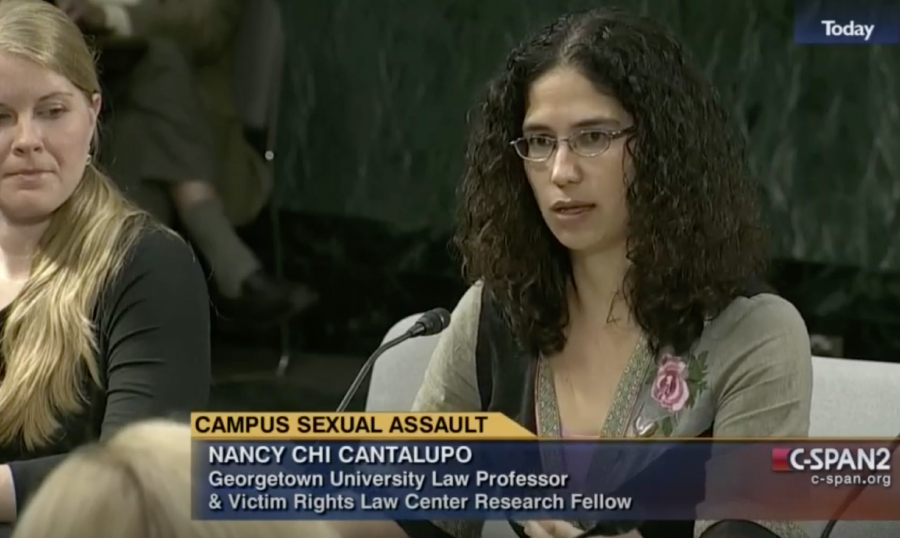
Digging deep
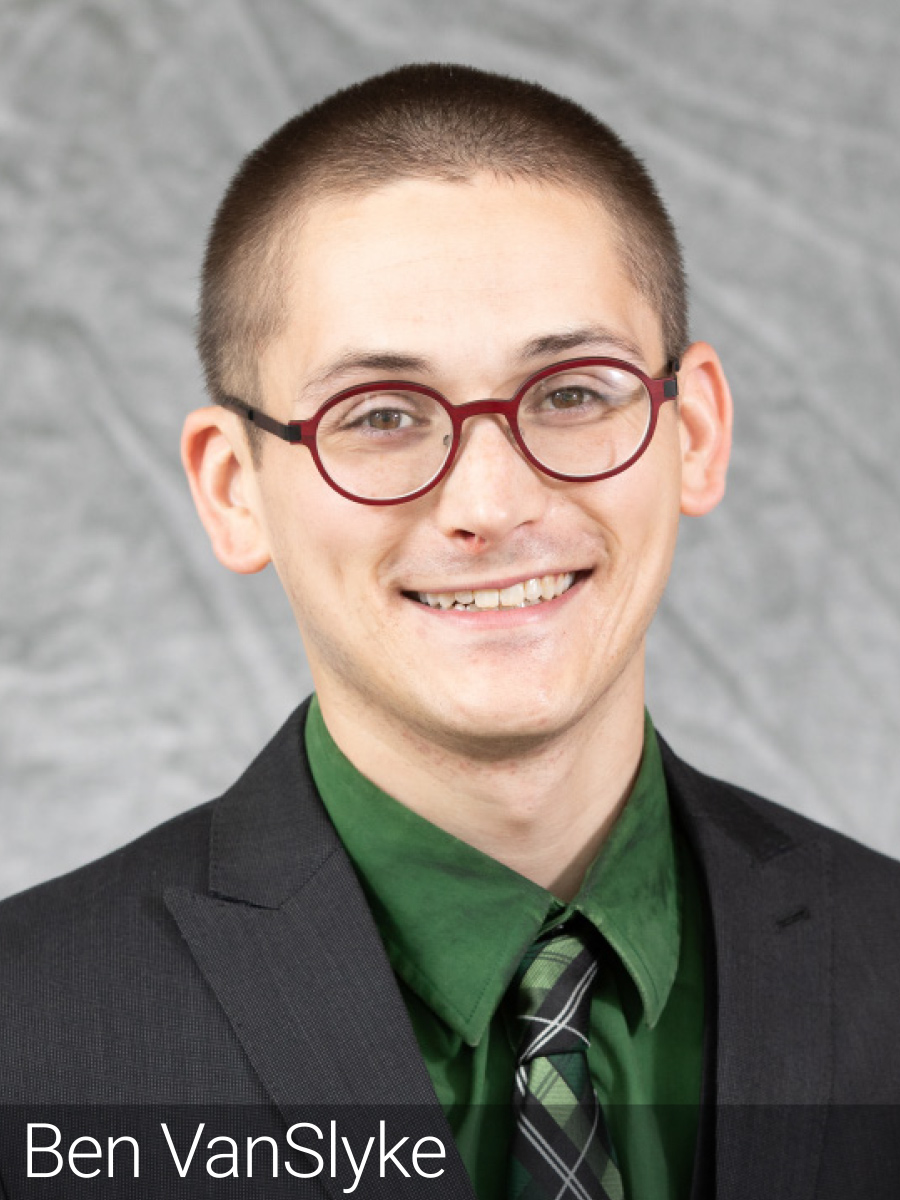
“I came across the topic and I was like, How is that a thing that we allow to happen?” VanSlyke said. “Then I went into a bit of a research spiral and learned more about it from a general perspective and jumped in from there.”
Some might say that VanSlyke dove in headfirst, volunteering with an anti-trafficking non-governmental organization in Cambodia (“I wanted a way to get involved,” he said of the NGO, “and there weren’t a lot of opportunities locally”) before attending law school. While at Wayne Law, he spent time working with survivors at Alternatives For Girls (AFG) and was an active member of the Joint Anti-Trafficking Taskforce, where he helped develop best practices to guide service providers, particularly in more rural areas.
During his first year at the Law School, VanSlyke worked alongside five other students as a lead organizer of the anti-trafficking conference, “(S)exploiting the Vulnerable: Empowering Future Legal Advocates to Combat Sex Trafficking.” The daylong event included a variety of panels on topics such as social policy and legislation, legal advocacy for survivors, and investigation and adjudication at the state level, with VanSlyke moderating the opening panel that featured a discussion with survivors.
“Survivor perspectives are often overlooked, and we [didn’t] want to do that,” said VanSlyke, who had first connected with one of the panelists during his time at AFG. “We [wanted] to frame this whole conference on how they see these issues and how [we can] meet those needs.”
As the survivors were empowered to lead with their perspectives, VanSlyke observed that those in attendance gained valuable insight.
“You can see some of the impact that it had on the other people there,” he said, noting that State of Michigan Staff Policy Attorney Angela Povilaitis ’00 was one of them. “She pulled us aside after the panel. She was very impressed with the survivors and their ability to share their story in that public of a setting.”
Since the conference, VanSlyke has continued to play an active role in representing the Law School, notably serving as a Levin Center intern on Capitol Hill; speaking at a symposium on sex trafficking and opioids organized by the University of Kentucky Rosenberg College of Law; and penning the article “A Life Raft for Victims of Trafficking: Safe Harbor in the Great Lakes State” as a junior member of The Journal of Law in Society, which he went on to lead as editor-in-chief. Having earned his juris doctor in May 2021, he is setting his sights on life after law school — and he has a good idea of the discipline he hopes to pursue.
Said VanSlyke, “I would love to continue doing anti-trafficking work.”
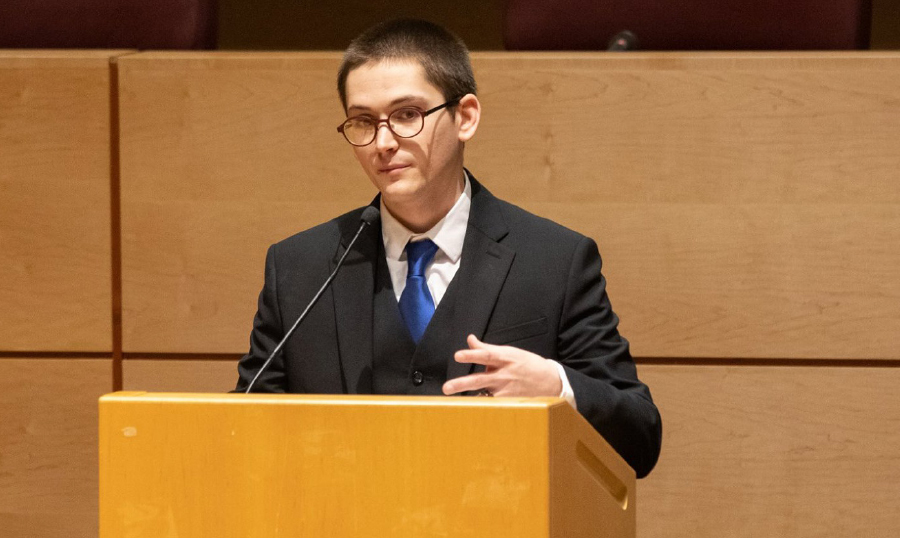



Charting the course
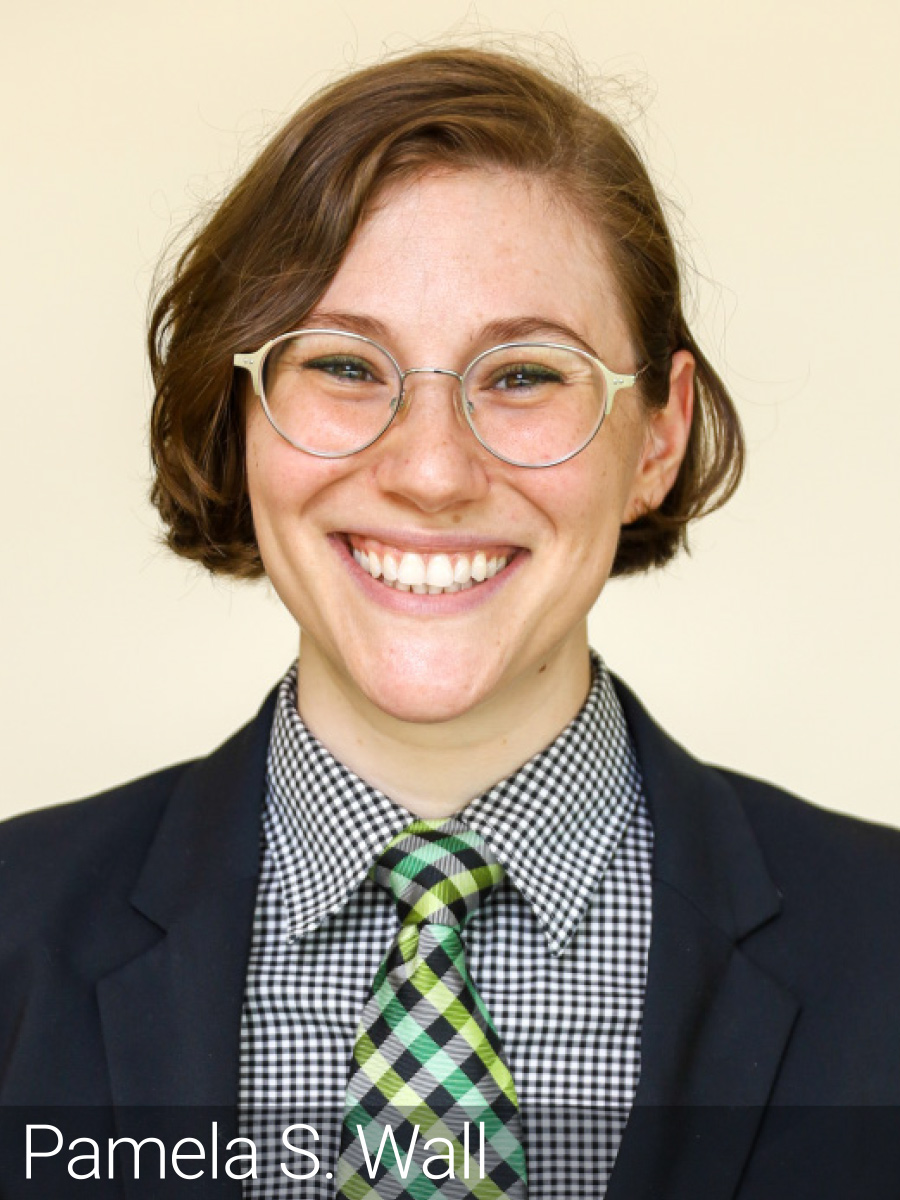
“I realized that the children that I would want to be working with can’t focus on their learning if horrible things are happening at home,” she said. “I went to law school because I wanted to help children end up in better situations.”
It was during her time as vice chair of Wayne Law’s Free Legal Aid Clinic that she developed an interest in family law. Now, Wall is a staff attorney for LA VIDA Partnership, working with clients — often parents themselves — to create safer, more stable situations. Housed within the Community Health and Social Services Center (CHASS), LA VIDA Partnership offers free legal advocacy and counseling services to survivors of domestic violence and sexual assault, primarily serving southwest Detroit’s Latinx community.
Recently, Wall secured a personal protection order on an emergency basis for a client who had been hospitalized by her abuser — a unique challenge, considering the hospital’s current protocols for COVID-19. At press time, with vaccines becoming widely available and cases beginning to decrease, she noted that she is beginning to hear from more and more clients.
“[The pandemic has] been a difficult time for everybody, but it’s been such a dangerous time for survivors stuck at home with their abusers,” Wall said, adding that she often serves undocumented immigrants who did not qualify for government aid, making leaving the situation all the more challenging. “Now that things are a little safer, I have a lot more people coming out of the woodwork and wanting to file for divorce [and] wanting to file for custody.”
During her three years and counting at LA VIDA Partnership, Wall has worked with a range of clients and notes that not every case has gone according to an ideal plan. She recalls working on one of her first cases for several months before the client ultimately returned to an abusive partner.
“Even if, at the end of the case, [the client] made a decision that wasn’t what she initially planned to do, I could see her standing straighter,” said Wall. “I like to think that she still took a little bit of the empowerment that we gave her back to her situation. I hope things are a little better than they were before.”



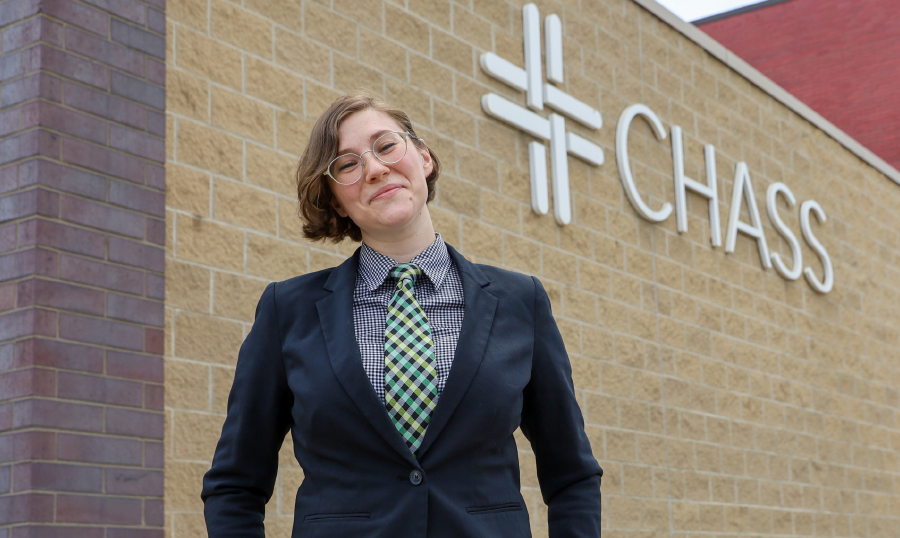
Shining a light
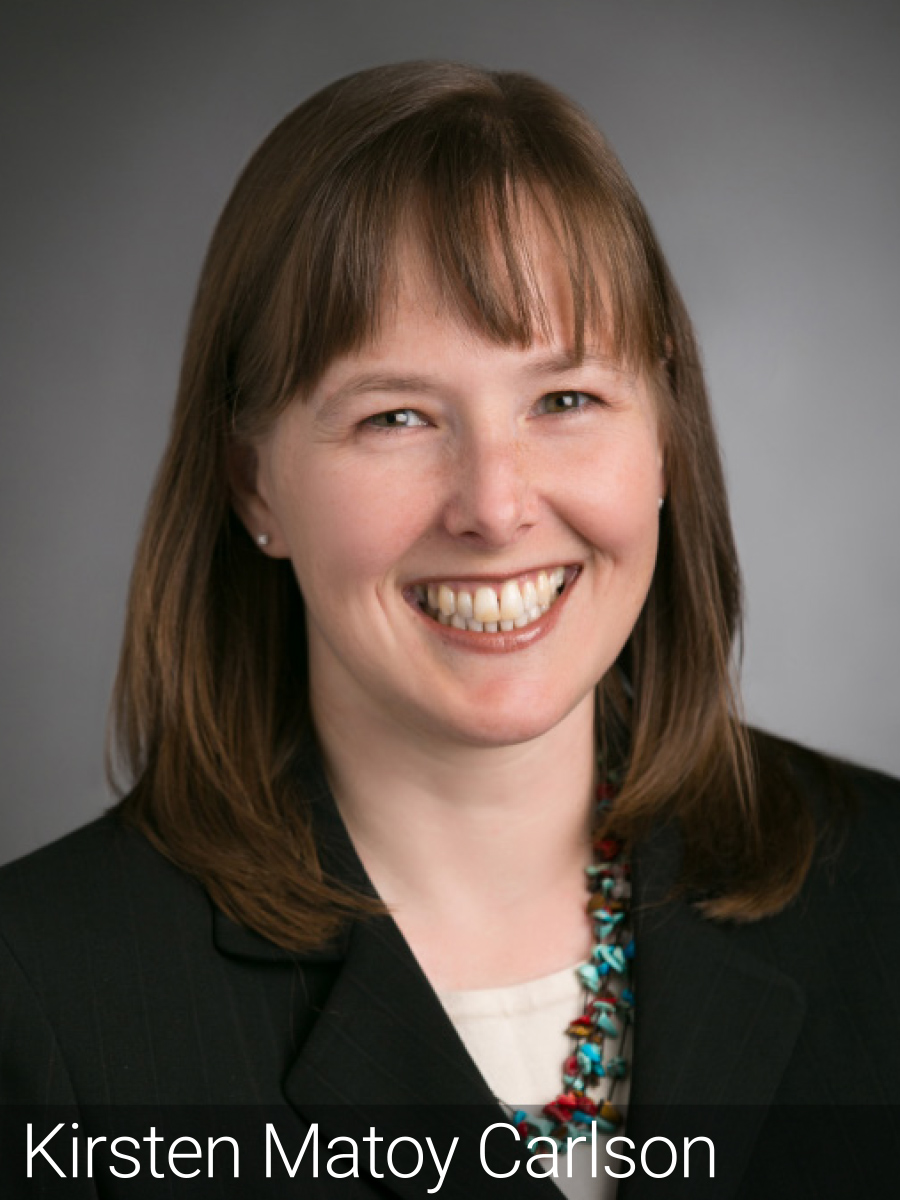
Thinking about gender-based violence, what are some of the issues that women and tribes are facing in Indian country?
In 2013, VAWA started to address this problem by acknowledging that tribes have the inherent sovereignty to exercise jurisdiction over non-Indian perpetrators. But VAWA enables tribes to exercise jurisdiction over a very limited set of crimes, and tribes have to meet a number of safeguards for defendants’ rights to exercise it.
What actions are necessary to provide justice to survivors in Indian country?
Here in Michigan, what is the landscape like?
